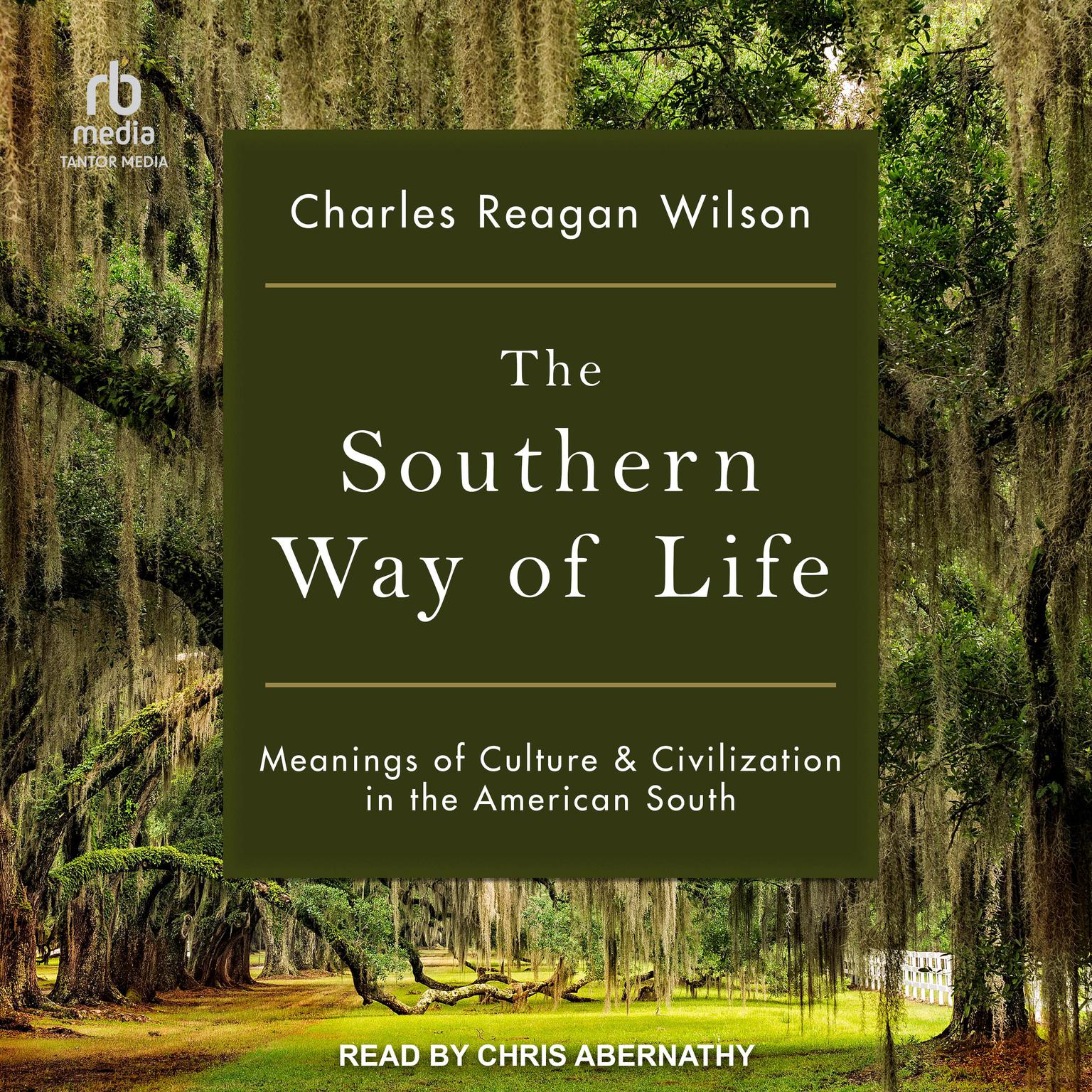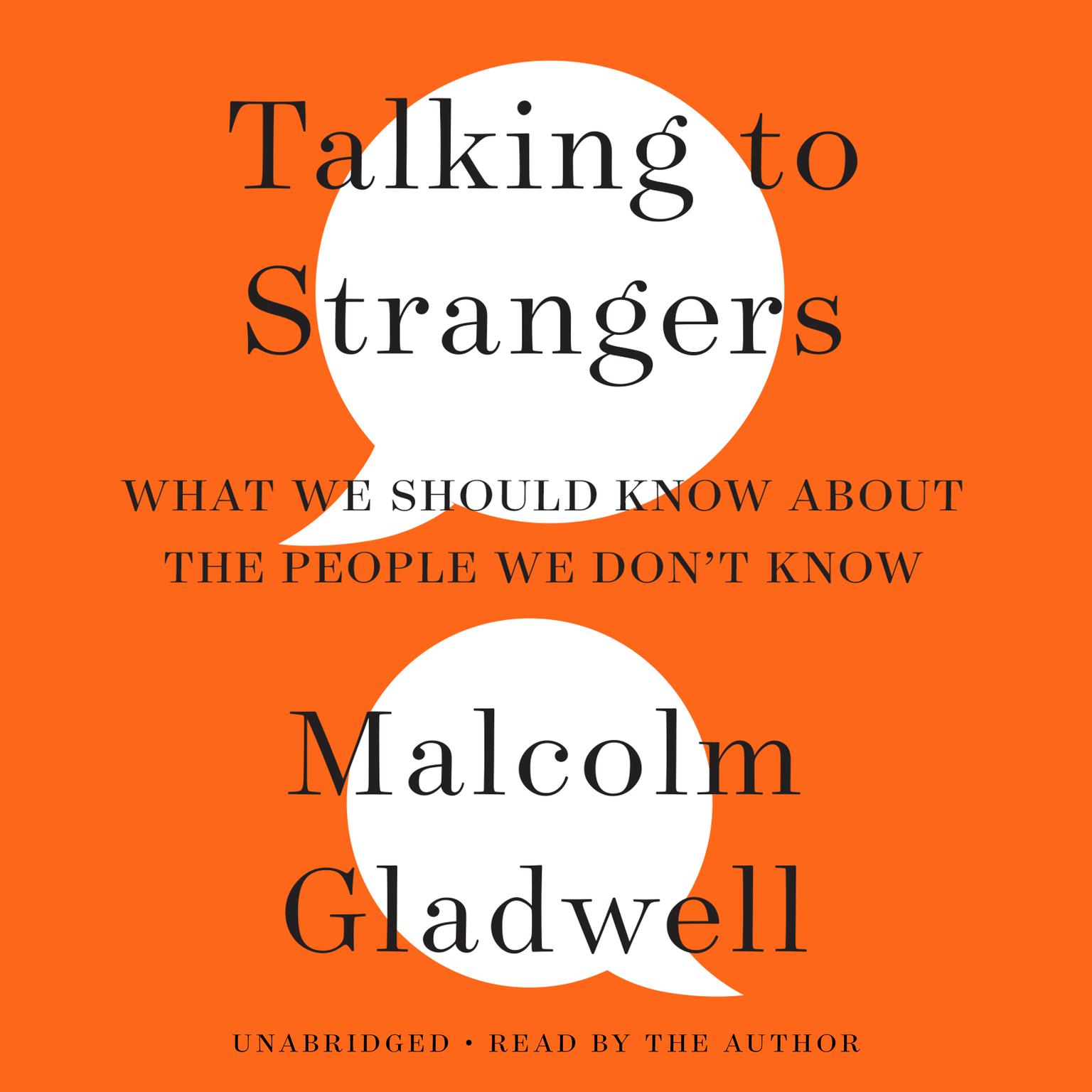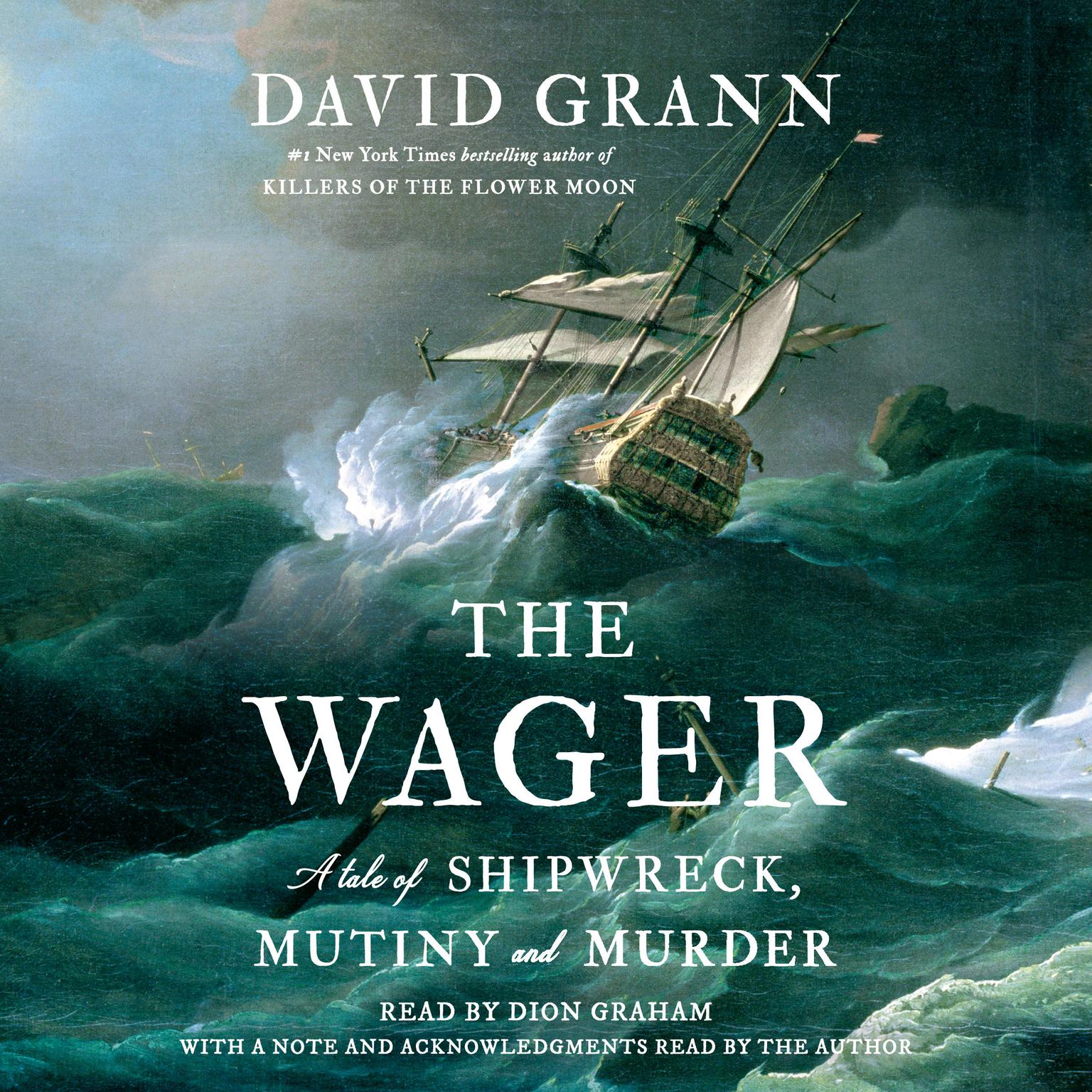Publisher Description
The final posthumous work by the coauthor of the major New York Times bestseller The Dawn of Everything. Pirates have long lived in the realm of romance and fantasy, symbolizing risk, lawlessness, and radical visions of freedom. But at the root of this mythology is a rich history of pirate societies—vibrant, imaginative experiments in self-governance and alternative social formations at the edges of the European empire. In graduate school, David Graeber conducted ethnographic field research in Madagascar for his doctoral thesis on the island’s politics and history of slavery and magic. During this time, he encountered the Zana-Malata, an ethnic group of mixed descendants of the many pirates who settled on the island at the beginning of the eighteenth century. Pirate Enlightenment, or the Real Libertalia, Graeber’s final posthumous book, is the outgrowth of this early research and the culmination of ideas that he developed in his classic, bestselling works Debt and The Dawn of Everything (written with the archaeologist David Wengrow). In this lively, incisive exploration, Graeber considers how the protodemocratic, even libertarian practices of the Zana-Malata came to shape the Enlightenment project defined for too long as distinctly European. He illuminates the non-European origins of what we consider to be “Western” thought and endeavors to recover forgotten forms of social and political order that gesture toward new, hopeful possibilities for the future. A Macmillan Audio production from Farrar, Straus and Giroux.
Download and start listening now!
In The Dawn of Everything, David Graeber urged historically minded scholars to consider the ways that human beings have continually pursued three basic freedoms, including the freedom to create new forms of social relations. In this book, he provides a fascinating example of the transformative potential of this proposition. Showing how rumored 18th century ‘pirate kingdoms’ established in Madagascar can be understood from the perspective of the local Malagasy population, Graeber gives us a glimpse of people, men and women, taking control of the society in which they lived, making new forms of sociality. He links this historical exploration to a second theme of the previous work, the fact that European political philosophers in the 17th and 18th century were responding to ideas coming from outside Europe, providing them inspiration to image freedoms they had not previously experienced. Pirate Enlightenment is, as the author writes, a provocation—but also an inspiration; and a great piece of story-telling.
—
Rosemary A. Joyce, Interim Director of Global, International, and Area Studies, Distinguished Professor of Anthropology, University of California, Berkeley











